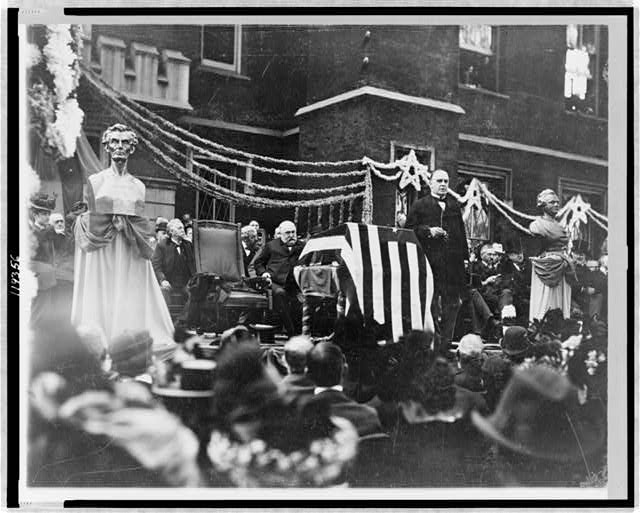In the annals of American history, President William McKinley’s decision to annex Hawaii serves as a prominent moment, marking the country’s territorial expansion in the Pacific. The motives behind this annexation, however, are complex and multifaceted. This article seeks to shed light on the underlying factors that guided President McKinley’s actions, exploring the economic interests, geopolitical considerations, and prevailing ideologies that fueled his decision-making process.
Exploration of Factors:
President McKinley’s decision to annex Hawaii can be primarily attributed to three intertwined factors: economic interests, geopolitical considerations, and the influence of prevailing ideologies. Firstly, economic interests played a pivotal role in McKinley’s decision-making. Hawaii’s strategic location in the Pacific made it a valuable hub for trade and commerce, particularly in the context of emerging markets in Asia. By annexing Hawaii, McKinley aimed to secure uninterrupted access to these markets and establish a foothold for American business interests.
Secondly, geopolitical considerations loomed large in McKinley’s strategic calculations. With the expansion of European powers in the Pacific region, there was growing apprehension within the United States about potential threats to its security and influence. Annexing Hawaii allowed McKinley to position America as a dominant power in the Pacific while bolstering its military capabilities and securing naval bases.
Lastly, prevailing ideologies, including notions of Manifest Destiny and American exceptionalism, played a significant role in justifying the annexation of Hawaii. These ideologies propagated the belief in the divine mandate for American expansion and the inherent superiority of American values. McKinley’s decision to annex Hawaii aligned with these ideas, providing an opportunity to spread American influence and civilization to the Pacific region.
Conclusion:
President William McKinley’s decision to annex Hawaii was driven by a complex interplay of economic interests, geopolitical considerations, and influential ideologies. The desire to secure economic advantages, establish a strong strategic position in the Pacific, and further the expansionist agenda all contributed to the annexation. By delving into these underlying factors, we gain a deeper understanding of the multifaceted motivations that guided McKinley’s actions. As we reflect on this pivotal moment in American history, it is essential to recognize the intricacies and complexities that shaped President McKinley’s decision-making process and its lasting impact on the relationship between America and Hawaii.
